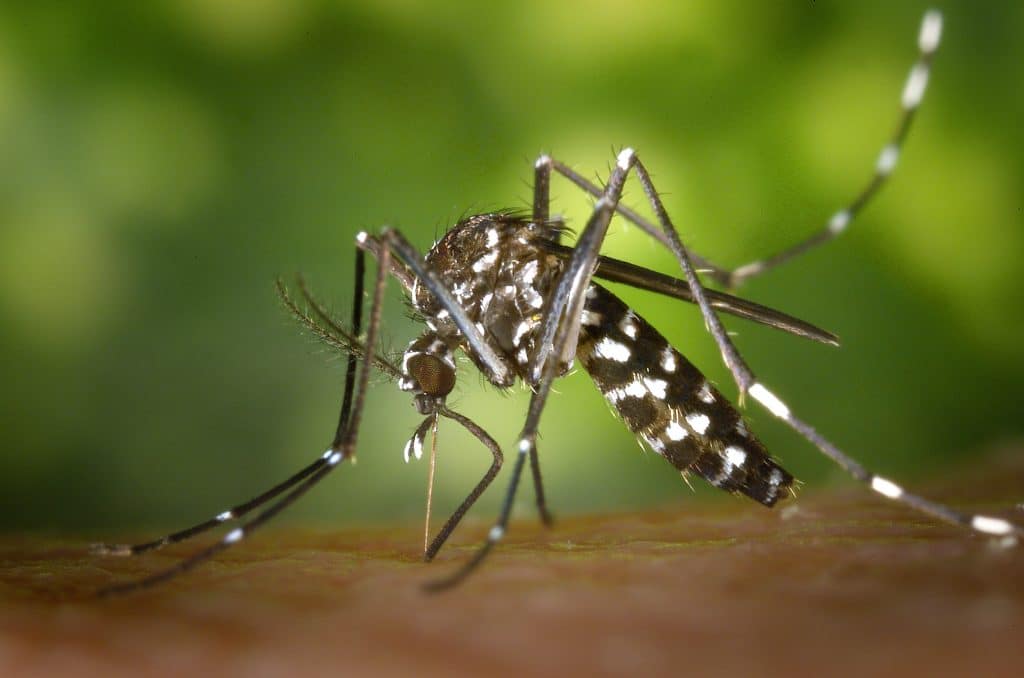 Mosquito control is a hot topic every year. Bottom line, we can’t deny that mosquitoes are everywhere. They are in our yards, on the beach, in the news (unfortunately think Zika) Mosquitoes have long since been an annoying nuisance in Florida. Recent, even local cases of Zika virus pose yet another serious threat.
Mosquito control is a hot topic every year. Bottom line, we can’t deny that mosquitoes are everywhere. They are in our yards, on the beach, in the news (unfortunately think Zika) Mosquitoes have long since been an annoying nuisance in Florida. Recent, even local cases of Zika virus pose yet another serious threat.
Mosquito Protection
The most effective way to prevent mosquitoes from biting you or your pets is with professional mosquito control applications from Lawn Care Extraordinaire. We are able to use methods that actually create a barrier around your property. This barrier effectively reduces mosquitoes year-round for all mosquitos in all life-stages. While Lawn Care Extraordinaire cannot endorse DIY techniques, here’s a quick list of the most popular mosquito protection methods.
Commercially available repellents with Deet are the most effective choice to prevent a mosquito bite. Keep reading if you’re looking for a natural method.
Natural Mosquito Repellents
| Plants | Certain plants, such as citronella and lemon grass, have natural repellent properties. The plant leaves or blades need to be broken and crushed to release the repellant oil. |
| Oil of Lemon Eucalyptus | The Center for Disease Control recommends this as the only effective natural repellent. |
Mosquito Control at Home
As I mentioned before, professional services from Lawn Care Extraordinaire are the most effective way to have mosquito control on your property. Our treatments will reduce the population by 72%-87%!
Here are some ways you can have better mosquito control at home.
- Clean up your yard by eliminating any standing or collected water in buckets, wheelbarrows, flower pots, bird feeders, children’s pools etc. Without standing water, mosquitoes cannot hatch.
- If you have a pond, consider adding a fountain to keep the water moving.
- Maintain your screens with a screen that is 18 x 18 strands per inch.
- Fans on your lanai, porch and in your home can help keep mosquitoes out of your living space.
Diseases Transmitted by Mosquitoes
| Zika Virus | Minor ailments for those infected. Special concern for infection in pregnant women as this virus has been connected with birth defects. |
| West Nile Virus | Effects humans differently and can lead to meningitis and encephalitis. |
| Canine Heartworm | Effects dogs and some cats. |
| Eastern Equine Encephalitis | Mainly effects horses but can also cause problems in other mammals – humans included. |
| Western Equine Encephalitis | Another disease found primarily in horses west of the Mississippi River. |
| La Cross Virus | Initially causes cold-like symptoms and can lead to seizures, coma, brain damage, paralysis or death. |
| St. Louis Encephalitis | First presents like a cold and rapidly worsens. SLE affects approximately 128 people in the US each year. |
| Malaria | Malaria is not a current concern in the US. However, when infected, flu-like symptoms become much more serious if not treated. |
| Dengue fever | Causes hemorrhagic fever that leads to dangerously low blood pressure. Not a common problem in the US at this time. |
| Chickungunya | Causes fever and joint pain. Symptoms usually last for 1 week. |
